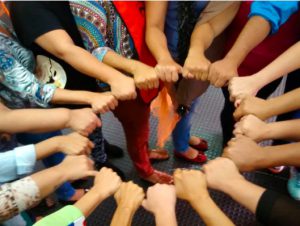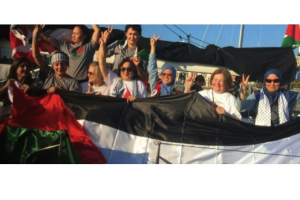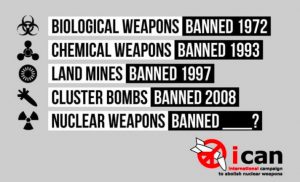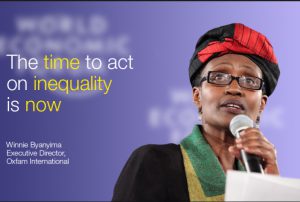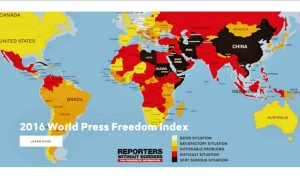TOLERANCE & SOLIDARITY .
An article from the WAM Emirates News Agency
A two-day meeting of the Muslim Council of Elders and the Anglican Church ended today on a high note, with participants stressing the importance of promoting the principle of citizenship as people enjoy the same entitlements and responsibilities towards their countries and communities.
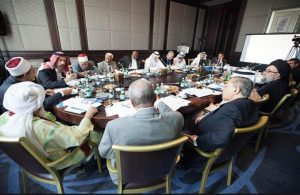
Muslim Council of Elders
(click on photo to enlarge)
They also emphasised the necessity of working on building a world that is based on understanding including the Muslim-Christian dialogue, with an aim of effectively bridging the gap that hinders the understanding of others and agreed that that the dialogue will contribute to the efforts of combating both extremism and the undermining of minority rights.
At the end of the meeting,which was co-chaired by Dr. Ahmed Al-Tayyeb Grand Imam of Al-Azhar and Chairman of the Muslim Council of Elders, and Justin Welby Archbishop of Canterbury, a joint communique was issued. The full text of the communique follows: The Delegations of both the Anglican Church and the Muslim Council of Elders in the meeting organized from 2-4 November 2016 Abu Dhabi, the United Arab Emirates.
In a historical meeting between the Episcopal/Anglican communion and the Muslim Council of Elders, chaired by the Grand Imam of Al Azhar Dr. Ahmed Al Tayyeb, and the Archbishop of Canterbury Justin Welby, took place in Abu Dhabi, the United Arab Emirates, from 2-4 November 2016 in the fourth round of meetings between elders from the East and the West titled “Towards an Integrated World”.
The two-day meeting included four sessions that focused on the dialogue between religious leaders, religious pluralism, experiences of coexistence and promoting a culture of peace. The meeting witnessed speeches from the Grand Imam of Al Azhar and the Archbishop of Canterbury on the role of religious leaders in addressing the current challenges facing the World.
The meeting included four main themes: religious pluralism, the experiences of common co-existence, the role of religion in promoting citizenship and consolidating principles of human flourishing, and the obstacles facing dialogue and co-existence and their possible remedies.
During the meeting, discussions and interventions focused on the vital role of religious leaders and adherents in peace-building, sustaining human values, disseminating religious concepts that encourage tolerance, cooperation between religious followers in combating extremism, hatred speech, and restoring hope in peoples’ hearts and minds, and empowering young people to be effective actors in their communities.
(Article continued in right column)
How can different faiths work together for understanding and harmony?
(Article continued from left column)
The participants stressed the importance of promoting the principle of citizenship as people enjoy the same entitlements and responsibilities towards their countries and communities.
We concluded with a number of recommendations as follows: – The necessity of working on building a world that is based on understanding including the Muslim-Christian dialogue, with an aim of effectively bridging the gap that hinders the understanding of others. The dialogue will contribute to the efforts of combating both extremism and the undermining of minority rights. As such, we encourage our wider communities to develop similar dialogue based initiatives as among the mostly powerful tools in consolidating societal peace in all communities.
– Organize mutual youth based meetings between Muslim and Christian university students, which embrace intellectual discourses on tolerance and coexistence.
– Produce documentary films in various languages that track, document and underline the historical and contemporary experiences of co-existence. These will be suitable materials to be broadcast or air on TV channels and other forms of social media that have been proven effective more than gatherings and meetings.
– Develop a five-year academic research program on the pillars and values of tolerance and coexistence. Researchers from both sides, Muslims and Christians, will be invited to contribute to the research and produce publications in various languages. The program will contribute to the Muslim-Christian Dialogue through articulating it with post- graduate studies in the concerned universities.
– Digitize all the Muslim-Christian dialogue initiatives, including audio-visual materials, studies, and conferences’ proceedings, and upload them on the internet, to be accessible to the participants in this conference, and other concerned people.
– Highlight and benefit from the multiple initiatives in promoting the values of tolerance, co-existence, participation, primarily the experience of the Ministry of Tolerance in the United Arab Emirates, and the experience of the House of Family in Egypt. These initiatives characterized by working on the ground through a variety of communities including work encompassing women and young generation. We affirm the work of these initiatives in establishing a model of genuine citizenship including Muslims and Christians in Egypt.
– The necessity of work promoting a culture of dialogue at different levels. We affirm the importance of respecting each other’s faith at all levels.
– We commit ourselves to work together for the common good in fighting illiteracy, poverty and disease.
– Lastly, the participants from both the Muslim Council of Elders and the Anglican Church call on all religious leaders, politicians, decision-makers and influential community leaders to encourage the values of justice, peace and cooperation for all nations and peoples regardless of the difference in religion, gender, race, or any other factor.
